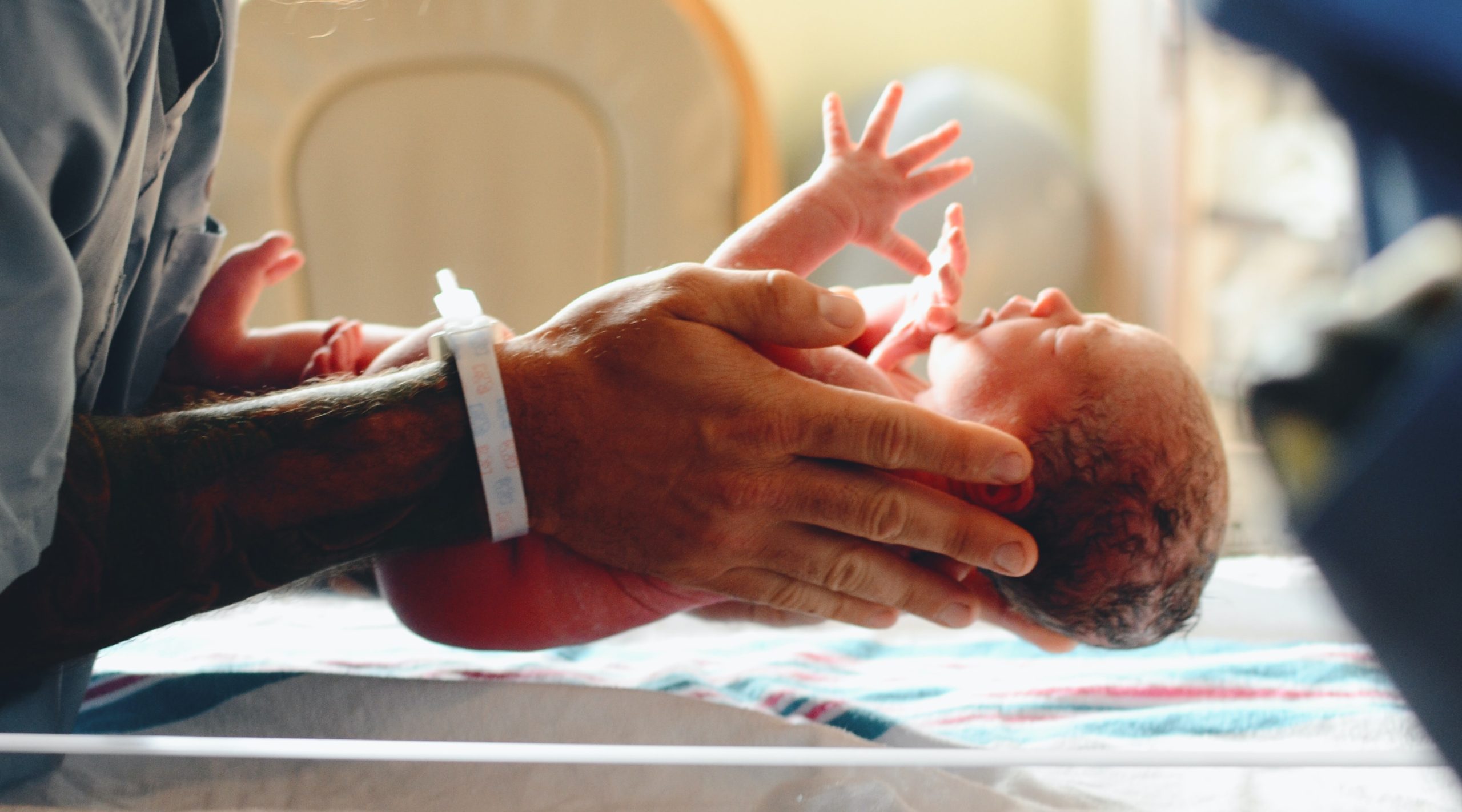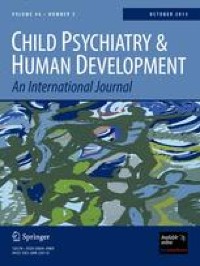
Parental
A parent is a caregiver of the offspring in their own species. In humans, a parent is the caretaker of a child. A biological parent is a person whose gamete resulted in a child, a male through the sperm, and a female through the ovum. Biological parents are first-degree relatives and have 50% genetic meet. A female can also become a parent through surrogacy. Some parents may be adoptive parents, who nurture and raise an offspring, but are not biologically related to the child. Orphans without adoptive parents can be raised by their grandparents or other family members. A parent can also be elaborated as an ancestor removed one generation. With recent medical advances, it is possible to have more than two biological parents. Examples of third biological parents include instances involving surrogacy or a third person who has provided DNA samples during an assisted reproductive procedure that has altered the recipients' genetic material.
